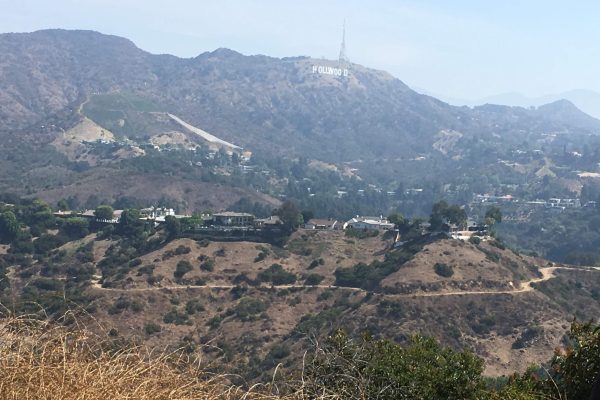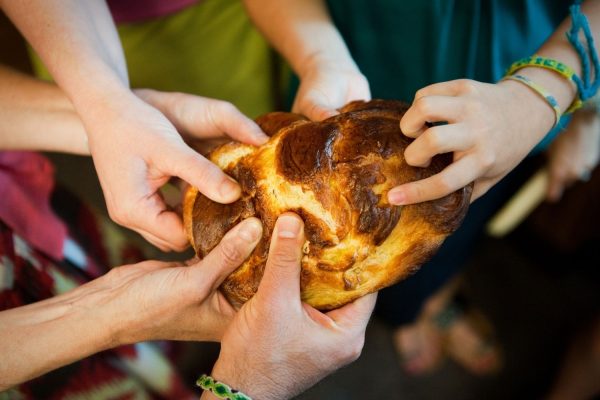“And when you reap the harvest of your land, you shall not reap all the way to the edges of your field, or gather the gleanings of your harvest; you shall leave them for the poor and the stranger: I Adonai am your G-d.” – Lev. 23:22
Imagine yourself walking a long, weary road at high noon . . . the road is long, the sun brutal, you feel parched and faint….
Just when you think you can go no farther, you see farmland—a well of cool, clear water. . . fields of golden wheat. . . a lush vineyard. . . a grove of trees, boughs heavy with fruit. . .
You quench your thirst from the well. There for the taking are the corners of the fields. . . the gleanings, the forgotten sheaf. . . the remnants of the fruits of the vine . . . You sate your hunger.
“If two sit together and there are words of Torah [spoken] between them, then the Shekhinah abides among them…” – Pirke Avot 3:2
Moses brought down the Torah from Sinai. Our forebears, down to our mothers and fathers, have placed it in our hands. It is a vast, verdant field. Our sages and teachers from ancient days until today have cultivated its fruits.
We may be poor wanderers, poor in learning; we may not have mastered this weighty heritage. But it is our birthright. We can always reap the corners of this field, glean the fallen grain, claim the forgotten sheaf. It is our birthright.
May we rest in the warm embrace of the Shekhinah as we study Torah together, here and now, today and always.










